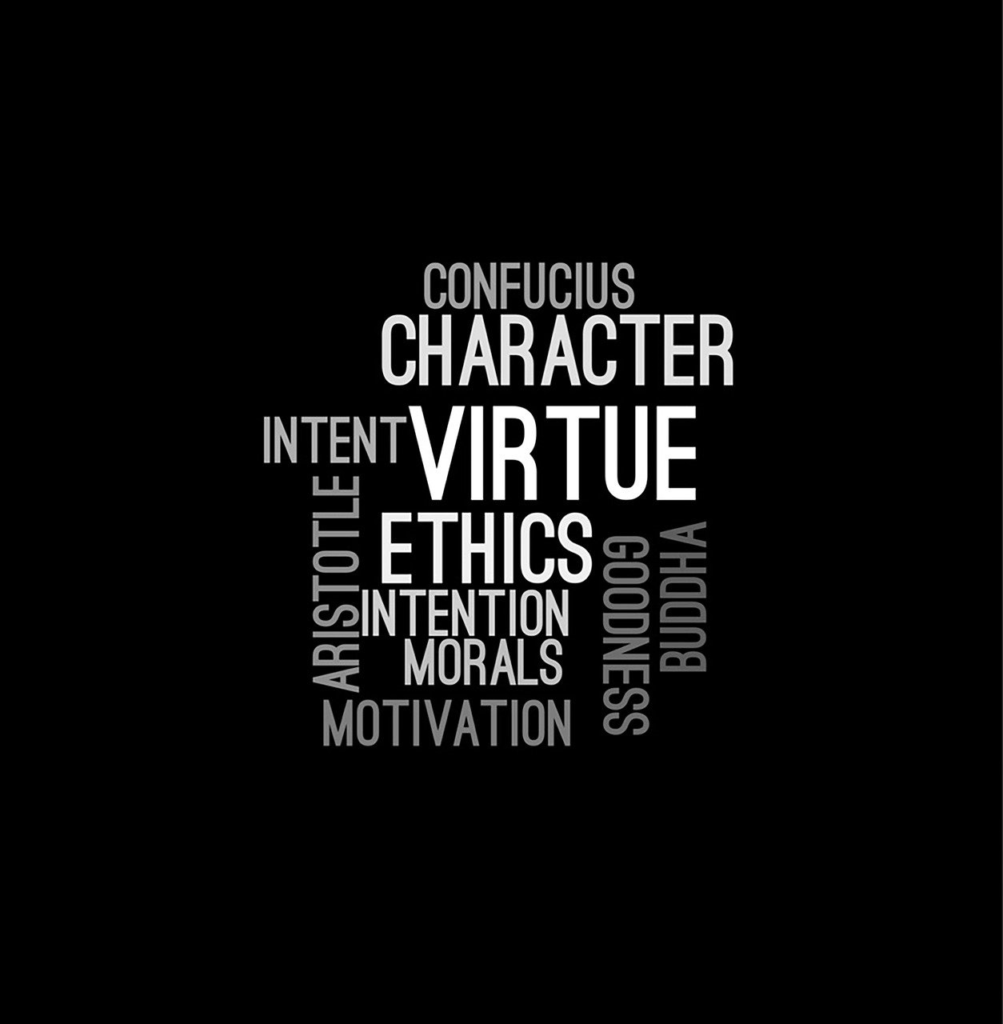Definition of code of ethics (business): A reference guide providing guidance to employees to help them understand expected behaviours and guide them through moral dilemmas.
What is a code of ethics?
A code of ethics is a single document, owned by the human resources or risk department, which is made available to every member of an organisation.
Code of ethics may be found in educational institutions, professional membership bodies, corporations and charities.
A code of ethics simply sets out the expectations of employees and draws clear lines between ethical and unethical behaviour.
Companies tailor their code of ethics document to make it relevant to the pressures and incentives which exist within their organisation. An effective code recognises that because these pressures exist, employees should have guidance to hand to allow them to navigate difficult decisions.
This is an improvement upon simply expecting or hoping that employees will make ethical decisions on their own. Business ethics needs to be practical rather than idealistic – planning to minimise failures rather than hoping for success.
What belongs in a code of ethics?
A code of ethics should summarise an overall ethos that the company wishes to instil in their staff. For example:
“Treating every stakeholder with respect and dignity”
“Doing the right thing, always”
Next, the code should explain who an employee can contact if they need help such as:
- Guidance on interpreting the rules
- Advice on what steps to take
- A whistleblower hotline to allow the employee to make a disclosure of unethical behaviour with some protection from consequences.
Finally, the code of ethics needs to work through ethical or professional conduct challenges that an employee could encounter. Here is a non-exhaustive list of examples:
- Being offered a bribe
- Being pressured to falsify results
- Encountering sexual harassment or workplace bullying
- Witnessing fraud
- Health, safety and working hours
- Cultural sensitivity and unconscious bias
- Data security
- Pressures of cost versus quality
In each case, the code of ethics should describe the problem, the relevant law, the company’s own policy, and what actions the employee should take next to resolve the issue. The code may refer to other company policy documents rather than trying to include guidance on every item of detail.
For example, money laundering and bribery is a complex and evolving area of regulation, therefore this is typically the subject of a separate policy and training course.

How is the phrase code of ethics used in a sentence?
“All new starters will receive a copy of the code of ethics and will need to sign a declaration to confirm that they have taken possession.”
What else you should know about a code of ethics
There is no legal requirement to have a binder-busting code of ethics document, entitled as such.
However, to ensure that the company does comply with relevant law and ensures that the company is a healthy and safe place full of goodwill, it makes sense to bring together a lot of disparate advice on workplace issues into one simple document.
This way, an employee doesn’t need to search through indexes of information to try and find support.
It also demonstrates that management is being pro-active in trying to avoid large scale legal scandals which could cause bankruptcy. Not having a code of ethics would be a liability, but a well-enforced code would be an asset.
How does the definition of code of ethics relate to investing?
A code of ethics is just one book forming a small part of the wider corporate governance practise of an organisation.
As an investor, I wouldn’t expect you to be trying to obtain a code of ethics for a company you’re planning to invest in. Code of ethics documents are not normally made public, and can often describe how the company would like things to be, rather than how they actually are in practise.
Consulting books and management books contain shocking tales about what can happen in a business when the ethical decisions of managers and leaders falls far short of the required standard.